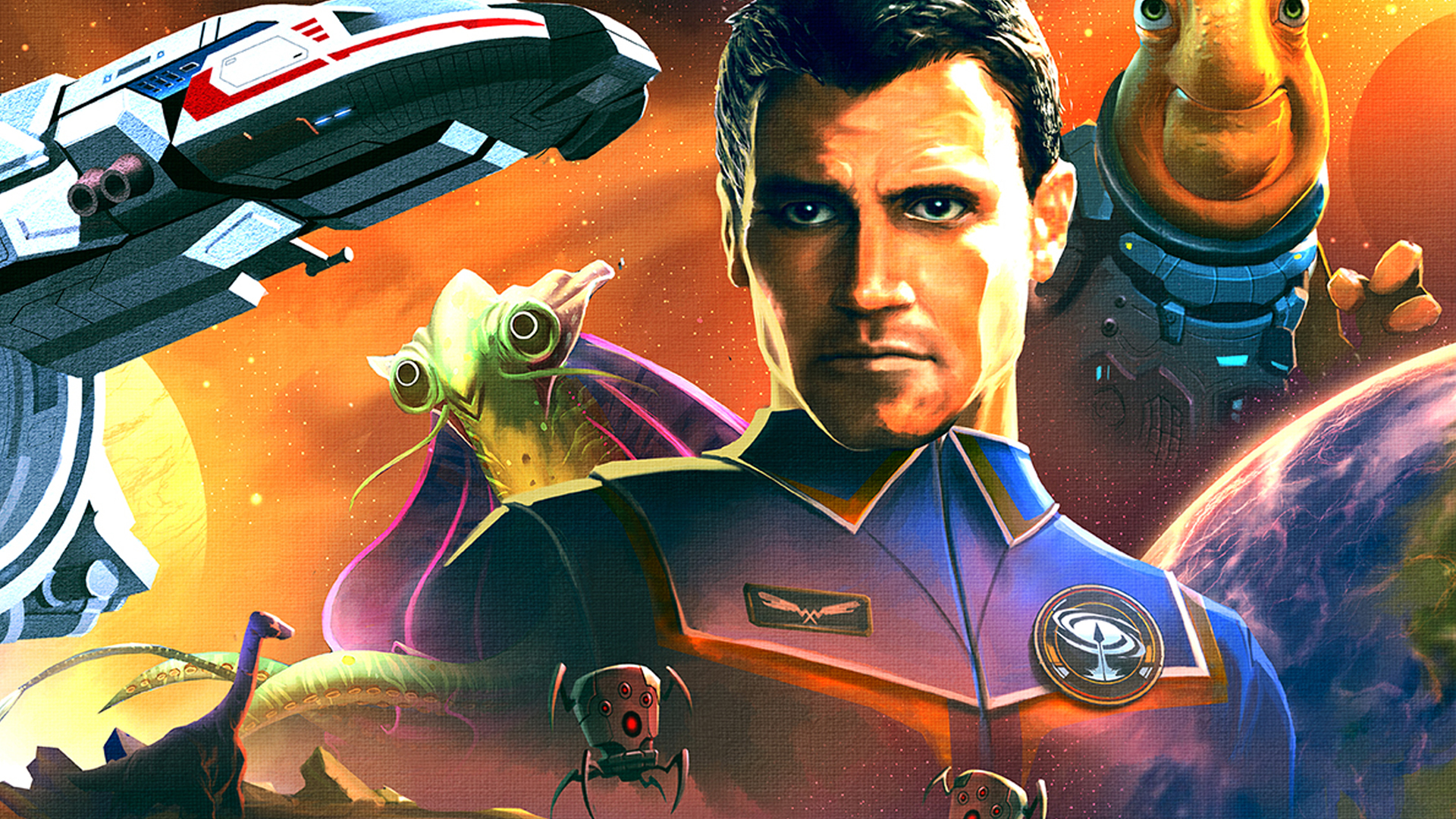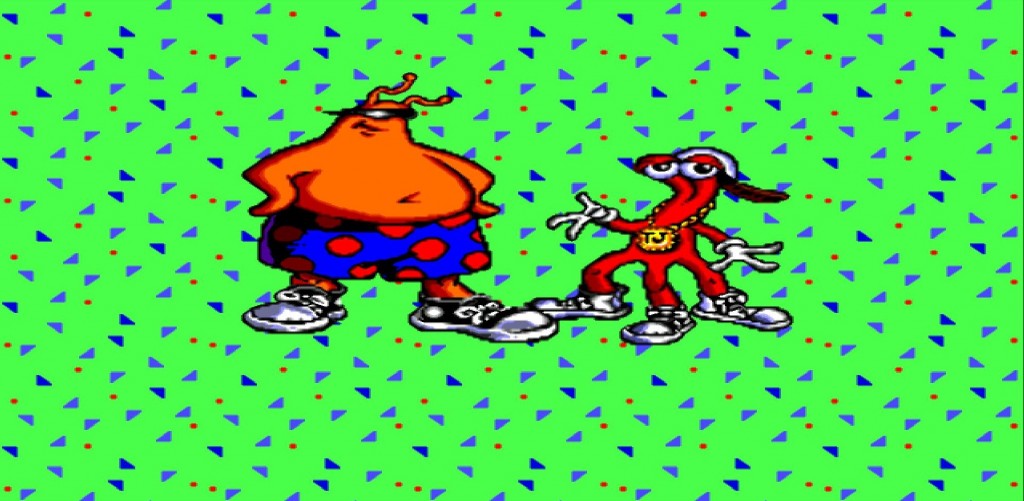Retro gaming emulators are the unsung heroes of video game history. Without them, countless classics would have vanished into obscurity as original hardware failed and physical media deteriorated. These programs recreate the behavior of consoles and arcade machines, letting modern computers and devices run games from the 70s, 80s, 90s, and even early 2000s. For millions of fans, emulators are the only way to relive childhood favorites, discover lost gems, and keep digital culture alive.
(HEY YOU!! We hope you enjoy! We try not to run ads. So basically, this is a very expensive hobby running this site. Please consider joining us for updates, forums, and more. Network w/ us to make some cash or friends while retro gaming, and you can win some free retro games for posting. Okay, carry on 👍)
Emulators first gained traction in the 1990s when hobbyists reverse engineered consoles and began releasing software that could mimic them. Programs like NESticle for the Nintendo Entertainment System or early builds of MAME for arcade cabinets opened up new possibilities. They were controversial, often seen as tools for piracy, but to preservationists they were the beginning of a digital museum. By saving games in digital form, retro gaming emulators became the only guarantee that entire libraries of software would not be lost forever.
Today, emulation is no longer just a fringe hobby. It is a critical tool for historians, collectors, and gamers alike. It ensures that people can still play the titles that shaped the medium, and it inspires a new generation of designers who look to the past for creative ideas.
Emulation as Cultural Preservation
Video games are more than entertainment. They are art, history, and a reflection of the technology of their time. Unlike films, books, or music, games are dependent on hardware to run, which makes them fragile as technology changes. When a cartridge stops working or a console’s circuits fail, the experience tied to that device disappears. This is where retro gaming emulators make the difference.
By converting a game into a ROM file and running it through emulation, the game becomes independent of the hardware it was born on. This process allows it to survive long after physical systems vanish. Museums and preservation groups have even acknowledged the importance of emulation. In fact, Microsoft’s Phil Spencer publicly stated in 2021 that the gaming industry should embrace emulation as the best path for long term preservation (Axios).
Beyond saving the games themselves, emulators preserve the way they felt to play. Anyone who loads up a SNES emulator and plays Chrono Trigger can immediately understand why it was beloved in 1995. Nostalgia is powerful, but so is the cultural understanding that comes from experiencing games as they were originally intended. Without emulation, that history would remain locked away on aging machines that only a few collectors could access.
How Retro Gaming Emulators Enhance the Experience
Emulators do not only preserve, they improve. Modern emulator software comes with features that original hardware could never offer. Players can save progress at any moment, rewind a few seconds to retry a difficult jump, apply graphical filters to smooth out old pixels, and even upscale visuals to high definition. These upgrades breathe new life into old titles, letting them feel fresh without sacrificing their classic charm.
Another strength is accessibility. With retro gaming emulators, you do not need to hunt down expensive cartridges or find a working console on eBay. A modest computer or even a smartphone can handle decades worth of titles, making retro gaming available to anyone regardless of budget. For younger players who never grew up with arcades or cartridges, emulation provides a gateway to the history of the medium.
Communities have also embraced the power of emulators to create entirely new experiences. Fan translations of Japanese games, for instance, are often only possible through emulation. Players around the world have enjoyed titles that would otherwise remain locked to one region. Hacks, mods, and homebrew creations continue to extend the lives of older games, keeping communities active and creative.
The Debate Over Legality and Ethics
The legality of emulation is often misunderstood. Emulators themselves are legal, since they are simply programs that replicate hardware behavior. The issue comes with ROMs, which are digital copies of games. Downloading or sharing ROMs for games you do not own is considered copyright infringement, which is why companies like Nintendo aggressively pursue websites that distribute them (Wired).
Yet many argue that publishers have abandoned much of their back catalogs, leaving no legal way to access older games. When that happens, emulation becomes the only path for preservation. Historians and gaming foundations stress that without emulators, these works of art could vanish entirely. For preppers of digital culture, so to speak, storing and sharing these games responsibly is the only way to prevent extinction.
The debate continues, but the cultural importance of retro gaming emulators is difficult to deny. Without them, we would already have lost thousands of titles.
Why Emulators Still Matter
In 2025, emulation is more relevant than ever. As gaming shifts into digital-only platforms, questions about preservation and ownership grow sharper. A disc or cartridge can survive for decades if stored properly, but what happens when a digital storefront shuts down? Without emulation, many of those games may simply disappear forever.
Emulators matter because they provide access. They matter because they democratize gaming, allowing anyone to play classics whether they have a collector’s budget or not. They matter because they keep culture alive. From Super Mario Bros. to Street Fighter II to Metal Gear Solid, emulators ensure these masterpieces are never forgotten.
Perhaps most importantly, they remind us that games are worth preserving. They are not disposable entertainment. They are part of our shared history, and like any great art form, they deserve to be remembered, studied, and enjoyed. Thanks to retro gaming emulators, they will be.
Here’s a clean list of the most popular and widely used retro gaming emulators, with their official websites (no sketchy download mirrors). These are safe, mainstream, and heavily trusted in the community:
🎮 Multi-System
RetroArch – All-in-one frontend for multiple emulation cores
👉 https://www.retroarch.com/
🕹️ Arcade
MAME (Multiple Arcade Machine Emulator) – The standard for arcade game preservation
👉 https://www.mamedev.org/
🏁 Nintendo
FCEUX – NES emulator
👉 http://www.fceux.com/SNES9x – Super Nintendo emulator
👉 http://www.snes9x.com/Project64 – Nintendo 64 emulator
👉 https://www.pj64-emu.com/Citra – Nintendo 3DS emulator
👉 https://citra-emu.org/
🦔 Sega
Kega Fusion – Sega Genesis, Master System, Game Gear
👉 http://www.carpeludum.com/kega-fusion/
🏆 Sony PlayStation
ePSXe – PlayStation 1 emulator
👉 http://www.epsxe.com/PCSX2 – PlayStation 2 emulator
👉 https://pcsx2.net/RPCS3 – PlayStation 3 emulator
👉 https://rpcs3.net/
🖥️ Other Notables
Dolphin – GameCube and Wii emulator
👉 https://dolphin-emu.org/PPSSPP – PSP emulator
👉 https://www.ppsspp.org/
⚡These are the most reputable projects with active development and large communities.
 Retro Replay Retro Replay gaming reviews, news, emulation, geek stuff and more!
Retro Replay Retro Replay gaming reviews, news, emulation, geek stuff and more!



